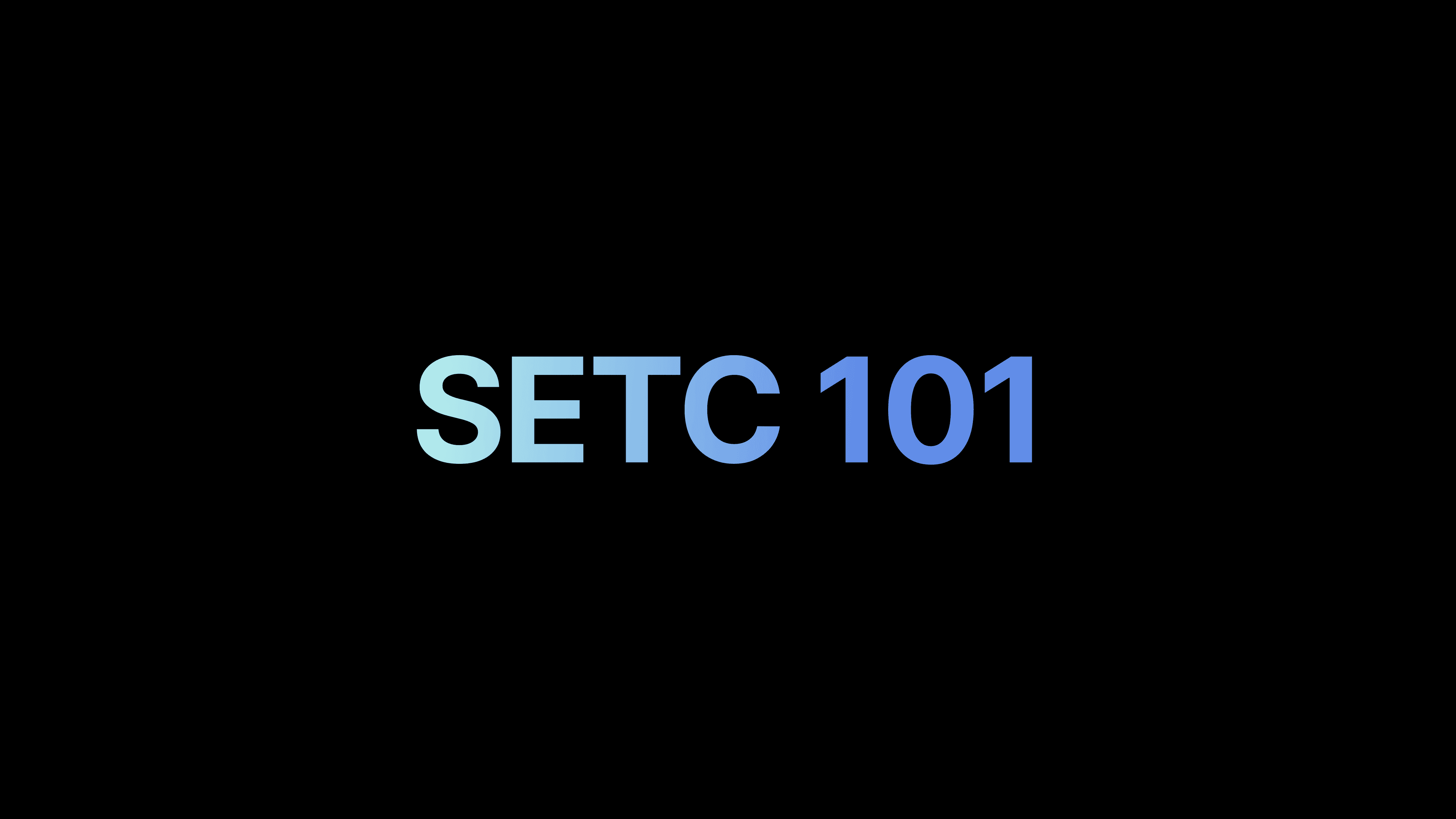Have you ever dreamed of being your own boss? Embarking on a journey of self-employment can be an exhilarating adventure filled with opportunities and challenges. In this article, we'll explore the meaning of being self-employed and delve into the various aspects that come with it. So, let's dive in!
1. What is self-employment?
To put it simply, being self-employed means working for yourself rather than as an employee for a company or organization. It involves taking control of your professional destiny, making important decisions, and being responsible for the success or failure of your endeavors. Self-employment gives you the freedom to choose your path, focus on your passion, and ultimately determine your own success.
2. The rise of the gig economy
In recent years, the gig economy has experienced significant growth, with more and more people exploring self-employment opportunities. This shift has been fueled by advancements in technology, which have made it easier for individuals to offer their skills and services directly to clients or customers. The gig economy encompasses a wide range of industries, from freelancing and consulting to entrepreneurship and online businesses.
3. Advantages of Being Self-Employed
Flexibility and autonomy
One of the biggest advantages of being self-employed is the flexibility it offers. You have the freedom to choose when and where you work, allowing you to create a schedule that suits your lifestyle. Whether you prefer working early in the morning or late at night, as a self-employed individual, you have the power to make those decisions.
Unlimited earning potential
Unlike a salaried job where your income may be limited, being self-employed opens up the opportunity for unlimited earning potential. You have the ability to set your own rates or prices, and the more effort and dedication you put into your work, the higher your earning potential becomes. In other words, your hard work directly translates into your income.
Pursuing your passion
Self-employment allows you to pursue your passion and turn it into a thriving career. When you work for yourself, you have the liberty to focus on what truly excites you and build a business or career around it. Whether it's photography, writing, or designing, being self-employed enables you to do what you love while making a living out of it.
No boss, no office politics
Say goodbye to dealing with challenging bosses and office politics! As a self-employed individual, you are your own boss, and you get to make the decisions without unnecessary interference. This autonomy not only provides a sense of control but also eliminates many of the frustrations often associated with traditional employment.
4. Challenges of Being Self-Employed
Irregular income
One of the main challenges faced by self-employed individuals is the irregularity of income. Unlike a steady paycheck that comes with traditional employment, self-employed individuals often experience fluctuations in their earnings. It's crucial to establish a budgeting plan and have a financial cushion to handle lean periods.
Self-discipline and motivation
Working for yourself requires a high level of self-discipline and motivation. Without the structure and accountability imposed by a traditional workplace, it's easy to get sidetracked and lose focus. Developing a routine, setting goals, and creating a dedicated workspace can help maintain productivity and keep distractions at bay.
Handling multiple roles
As a self-employed individual, you wear many hats. You take on the roles of the CEO, marketer, accountant, and customer service representative, among others. Juggling these responsibilities can be overwhelming, especially if you lack experience in certain areas. However, with practice and a willingness to learn, you can become proficient in various aspects of running your own business.
Lack of benefits
Unlike traditional employment that often provides benefits such as health insurance, retirement plans, and paid time off, being self-employed means you are responsible for securing these benefits yourself. While this may require additional planning and investment, the freedom and control that come with self-employment often outweigh the lack of traditional benefits for many individuals.
5. Taking the Plunge into Self-Employment
The decision to become self-employed is an important one, and it's crucial to approach it strategically. Here are some key steps to consider before taking the plunge:
Identifying your skills and expertise
Start by identifying your skills, passions, and areas of expertise. What are you good at? What do you enjoy doing? By understanding your strengths, you can build a business or career around them, increasing your chances of success.
Building a strong network
Having a strong network is vital for self-employed individuals. It can help you find clients or customers, provide support and guidance, and open doors to new opportunities. Attend industry events, join professional associations, and make connections both online and offline to expand your network.
Setting up a business plan
A well-defined business plan is essential for any self-employed professional. It outlines your objectives, target market, marketing strategies, financial projections, and more. A business plan provides a roadmap to follow and helps you stay focused on your goals.
Evaluating market demand
Before diving headfirst into self-employment, it's essential to evaluate market demand for your skills or services. Determine if there is a demand for your offerings and assess the competition. Conduct market research and gather insights to ensure there is a viable market for your business.
6. Self-Employment Strategies and Tips
Once you've made the leap into self-employment, here are some strategies and tips to thrive in this new realm:
Finding clients or customers
Finding clients or customers is crucial for self-employed individuals. Utilize online platforms, social media, and networking events to showcase your work and attract potential clients. Providing exceptional customer service and maintaining strong professional relationships will also help you secure repeat business and referrals.
Setting competitive rates/prices
Determining your rates or prices is a balancing act. You want to set competitive prices that reflect the value you provide while attracting clients or customers. Research pricing in your industry, factors such as experience, expertise, and the market demand to arrive at rates that are fair and profitable.
Managing time and setting boundaries
Time management can be challenging when you work for yourself. Prioritize your tasks, set deadlines, and create a schedule that allows for both work and personal life. It's important to set boundaries and avoid overworking or burning yourself out. Remember, self-care and personal time are essential for long-term success.
Investing in continuous learning
Self-employed individuals should always be open to learning and growing. Invest in continuous learning by attending workshops, webinars, or conferences relevant to your industry. Stay updated on trends and emerging technologies, and continuously refine your skills and knowledge to stay ahead of the game.
7. Tax Obligations and Legal Considerations
As a self-employed individual, you have specific tax obligations and legal considerations to keep in mind:
Registering as self-employed
Before starting your self-employed journey, you need to register with the appropriate government bodies as a self-employed professional. This ensures that you operate legally and fulfill your tax obligations.
Understanding tax responsibilities
Self-employed individuals are responsible for paying their own taxes. Familiarize yourself with the tax laws and regulations applicable to your country or region. Keep accurate records of your income and expenses, and consider consulting a tax professional to ensure compliance and optimize your tax deductions.
Keeping accurate financial records
Maintaining accurate financial records is essential for self-employed individuals. Use accounting software or hire a professional accountant to help you keep track of your income, expenses, invoices, and receipts. This ensures that you have a clear overview of your financial situation and facilitates tax filings.
Seeking professional guidance
Navigating the legal and tax aspects of self-employment can be complex. Consider seeking professional guidance from lawyers, accountants, or business consultants to ensure you are operating within the legal framework and taking advantage of any available benefits or deductions.
8. Building a Successful Self-Employed Career
Building a successful self-employed career requires effort and strategic planning. Here are some tips to help you thrive:
Establishing an online presence
In today's digital age, having a strong online presence is crucial for self-employed individuals. Create a professional website or portfolio to showcase your work, maintain an active presence on relevant social media platforms, and engage with your audience to build your brand.
Cultivating a strong personal brand
Your personal brand sets you apart from the competition and influences how clients or customers perceive you. Define your unique selling proposition, communicate your values and expertise, and consistently deliver high-quality work. Your personal brand should be authentic, relatable, and memorable.
Seeking feedback and testimonials
Feedback and testimonials serve as social proof of your skills and credibility. Request feedback from clients or customers and showcase positive testimonials on your website or portfolio. This provides prospective clients or customers with reassurance and confidence in your abilities.
Expanding your offerings
Once you establish a solid foundation as a self-employed professional, consider expanding your offerings. Diversify your services or products, explore new markets, or collaborate with other professionals to reach a broader audience and increase your revenue streams.
9. Balancing Work and Personal Life
Maintaining a healthy work-life balance is essential for long-term success as a self-employed individual. Here are some strategies to help you achieve this equilibrium:
Avoiding burnout
Burnout is a genuine risk for self-employed individuals who often feel compelled to work incessantly. Practice self-care and take breaks when needed. Set realistic goals and celebrate your achievements along the way to prevent burnout.
Setting realistic expectations
Being self-employed comes with its share of challenges, and it's important to set realistic expectations from the start. Recognize that success takes time, effort, and perseverance. Embrace learning from failures and view setbacks as opportunities for growth.
Prioritizing self-care
Self-care should always be a priority. Prioritize your mental and physical well-being by maintaining a healthy lifestyle, engaging in activities you enjoy, and taking regular breaks. When you take care of yourself, you enhance your productivity and overall happiness.
Creating work boundaries
Creating boundaries between work and personal life is essential to avoid becoming consumed by work. Define designated working hours, establish clear boundaries with clients or customers, and communicate your availability to avoid burnout and maintain a healthy work-life balance.
Looking for solutions? Check out Gig Workers
Conclusion
Being self-employed opens up a world of possibilities and challenges. It offers freedom, flexibility, and the opportunity to pursue your passions while being responsible for your own success. By understanding the advantages, challenges, and strategies involved in self-employment, you can navigate this path with confidence and create a fulfilling and rewarding career.
FAQs
Is self-employment right for everyone?
While self-employment offers many benefits, it's not necessarily the right choice for everyone. It requires self-discipline, motivation, and the ability to handle uncertainty. Assess your readiness and evaluate the risks before making the leap.
How do I find clients or customers as a self-employed professional?
Building a strong network, utilizing online platforms, attending networking events, and delivering exceptional work are effective ways to find clients or customers. Word-of-mouth referrals can also play a vital role in attracting new business.
What are some common tax deductions for self-employed individuals?
Self-employed individuals often qualify for deductions such as home office expenses, professional development costs, travel expenses, and health insurance premiums. Consult a tax professional familiar with your local regulations for specific deductions available to you.
How can I avoid burnout as a self-employed professional?
Prioritizing self-care, setting boundaries, taking breaks, and being mindful of your work hours can help you avoid burnout. Establish a healthy work-life balance, and don't hesitate to seek support when needed.
Can I switch from being employed to self-employed while working full-time?
Transitioning from full-time employment to self-employment is possible, but it requires careful planning. Consider starting part-time, building your skills and network, and gradually increasing your workload before making the switch full-time.
Remember that being self-employed is a unique journey, and each individual's experience will vary. Embrace the challenges, celebrate the successes, and continuously adapt and evolve to thrive in this ever-changing landscape.










